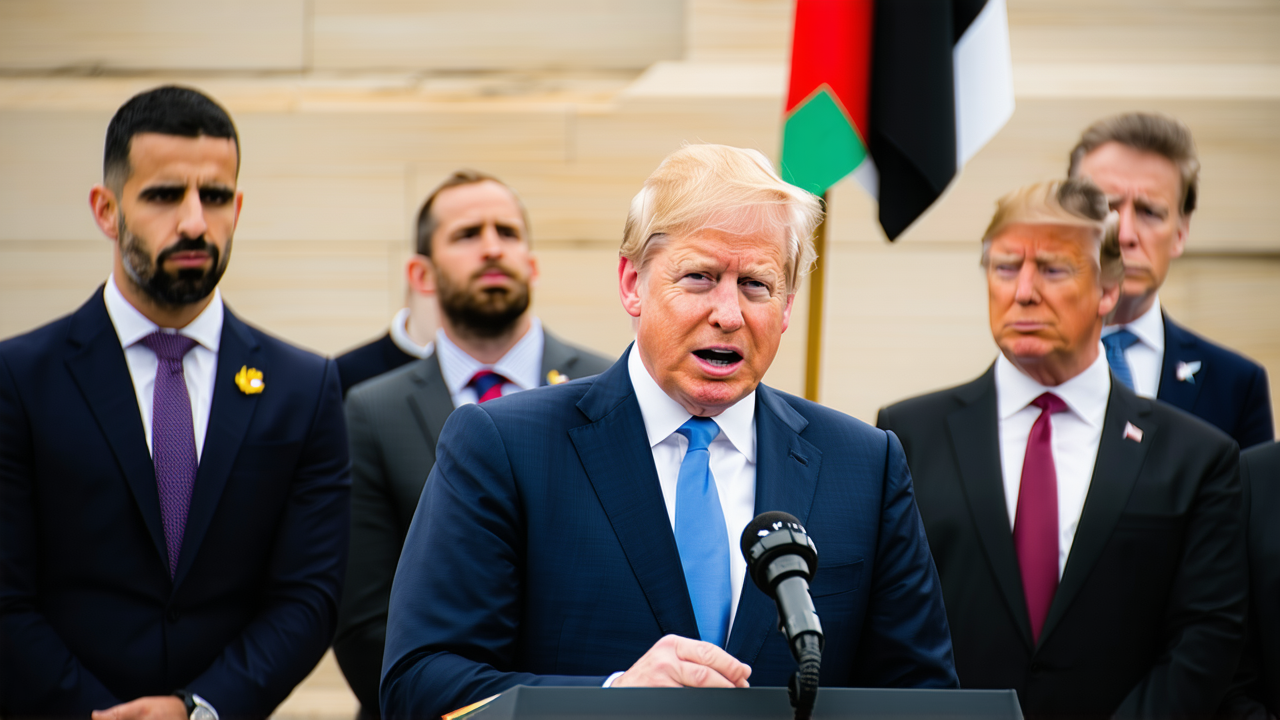UK Set to Recognize Palestinian State in September Unless Israel Takes Action in Gaza
UK Set to Recognize Palestinian State in September Unless Israel Takes Action in Gaza
In a major diplomatic development, British Prime Minister Keir Starmer has announced that the United Kingdom will formally recognize the state of Palestine in September, provided that Israel does not take substantive steps to end the ongoing humanitarian crisis in Gaza.
According to a government statement, the decision hinges on whether Israel can deliver a ceasefire, commit to a long-term peace process, and ensure there is no annexation of Palestinian territories in the West Bank. Starmer emphasized that while the UK stands firm in its demands for Israel, it also makes it clear that Hamas must release all remaining hostages, accept a ceasefire, and disarm.
This move comes after an emergency cabinet meeting during the summer holidays, where Starmer and his ministers discussed a new peace plan in collaboration with other European leaders. The UK has long supported the establishment of a Palestinian state, but this marks the first time a British government has set a specific timeline and conditional framework for recognizing Palestine.
The call for recognition has gained momentum in the UK amid growing concerns over the humanitarian toll in Gaza. With reports of widespread starvation and a lack of sufficient aid reaching the region, many members of Starmer’s Labour Party have urged the government to take a stronger stance against Israel.
This follows similar moves by other nations, including France, which President Emmanuel Macron announced would formally recognize Palestine during a UN meeting in September. New Zealand has also joined a growing number of countries in condemning the violence and calling for an end to the war in Gaza.
The recognition of Palestine by the UK would be a significant step toward a two-state solution, but it also raises questions about the practical implications for international diplomacy and the prospects for peace in the region. With tensions rising and global attention focused on the Middle East, the UK’s decision could set a precedent for other nations to follow.
What does this mean for the future?
While the UK’s conditional recognition of Palestine may not immediately change the ground reality in Gaza, it signals a shift in global attitudes toward the Israeli-Palestinian conflict. It could also put increased diplomatic pressure on Israel to engage in meaningful negotiations. However, the path to a lasting peace remains fraught with challenges, including deep-seated distrust between the two sides and the complex geopolitical interests of other nations involved.
As the September deadline approaches, the international community will be watching closely to see if Israel meets the UK’s conditions—or if Britain will proceed with the recognition and what that means for the broader Middle East peace process.
